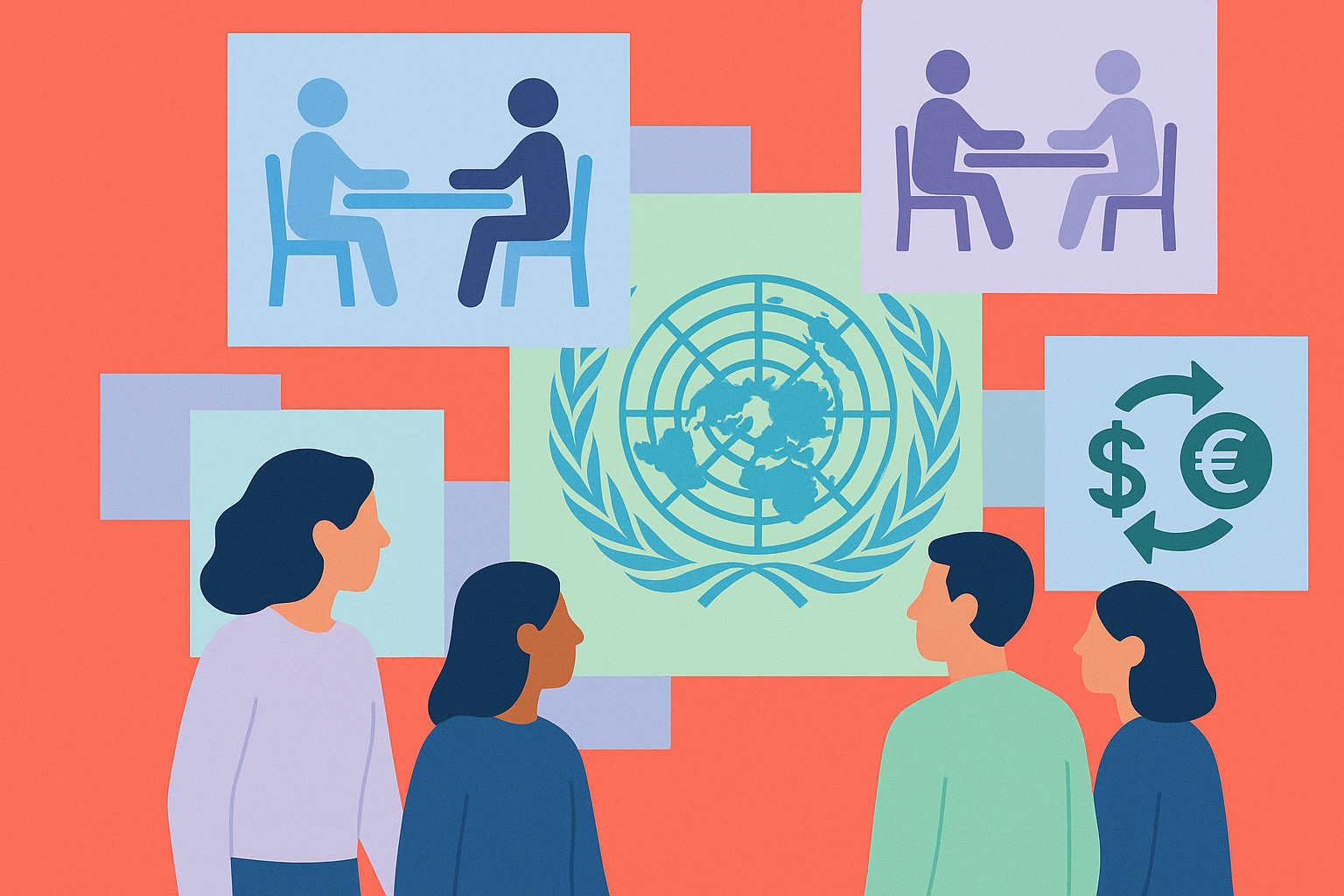Middle East Conflict News
LAST UPDATE: July 21, 2025
Iranian lawmaker points to regional insecurity if UN sanctions are reimposed
An Iranian MP warned that UN sanctions restored via the “snapback” nuclear mechanism would prompt Iran to cease maritime security cooperation in the Gulf and Strait of Hormuz.
Insight
This underscores Iran’s strategy of leveraging regional instability as a deterrent, complicating diplomatic efforts by Western powers and raising the stakes for international shipping.
Why Israel’s Chaotic New Food Program in Gaza Has Turned So Deadly
Israel’s new food aid program in Gaza, run by the Gaza Humanitarian Foundation and backed by U.S.–Israel, has resulted in deadly stampedes and shootings. Over 60–90 Palestinians have died at distribution sites, amid chaotic crowds, inadequate logistics, and security interventions.
Insight
The program’s militarized approach, bypassing humanitarian protocols, has transformed aid distribution into a lethal dispersion zone. This tragedy highlights the dangers of politicizing relief and underscores the need for established UN-led operations.
South Syria death toll rises to 1,120: monitor
The Syrian Observatory for Human Rights reported that at least 1,120 people have been killed in Sweida province due to sectarian clashes involving Druze militias, Bedouin tribes, and regime forces. Despite ceasefire announcements, sporadic violence and executions persist.
Insight
The scale of the death toll underscores the volatility in Syria’s south and the fragility of ceasefires. With the state unable to control sectarian tensions, the potential for renewed conflict remains high, exacerbating Syria’s ongoing humanitarian and governance crises.
In Syria’s Sweida, bodies wait to be identified at overwhelmed hospital
Hospitals in Sweida are overwhelmed with bodies following the recent violence, with morgues exceeding capacity and many corpses still unidentified. Medical services are critically strained, impeding proper identification and burial processes.
Insight
The overwhelmed health infrastructure in Sweida reflects the depth of the crisis and the systemic collapse of public services in conflict zones. This situation intensifies the psychological and social toll on communities already reeling from violence.


